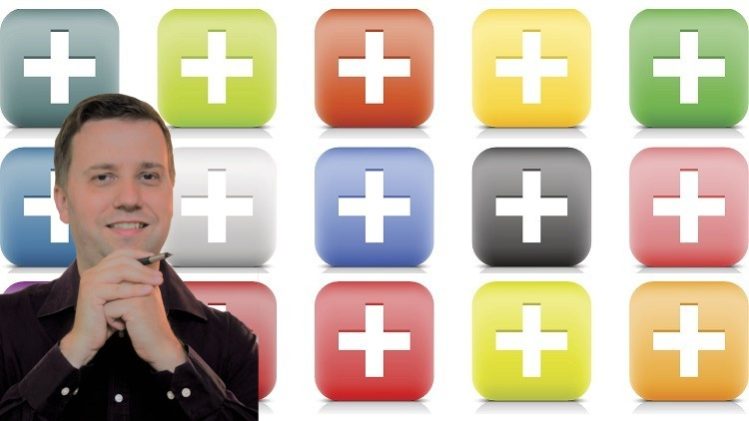This course covers all of the content required for the Certified Associate (formerly known as the Qualified Associate) or Desktop Specialist certifications.
What do students like you say?
“Adequate knowledge and good understanding I did not have before about Tableau. With this new knowledge and clear understanding of Tableau I truly believe I can now work as a Tableau Developer. ” – Clever Atanode
“Very informative. I feel that I could teach someone Tableau based upon what I have learned here. “ – Phil Jones
“Just got my qualified associate certificate yesterday with 91%(75% required to pass). I am a graduate student and have 0 experience with Tableau. But this course gave me an in-depth understanding of Tableau which allows me to be very flexible in ways to solve the questions in the exam. This course is excellent! Thank you, Phillip! ” – Yifu Yan
“This course has exceed my expectations in all fronts. Very complete, very comprehensive and at the right pace. I like the fact of going into some important details without getting bored or distracted. The pace of talk of demonstrations was perfect for me. It is clearly an outstanding value for money and I truly recommend it to everyone who wants to master Tableau. Well done and thank you. ” – Jorge Soares Albergaria
———
Do you already use reporting software such as Access, SSRS or WebI? Or is this your first reporting software tool? Either way, welcome.
In this course, learn the skills that Tableau want you to know, and add another tool to your CV, and even go for either of the first two official Tableau certifications.
Tableau is one of the most requested reporting tools that are requested in the job market, and the ability to being able to use it now could be very useful for your current work, and your next job hunt.
We’ll download and install for free Tableau Public, which gives you most of the capabilities of the full-cost Tableau Desktop. We’ll start by creating our first .visualizations (vizzes) and investigate the Tableau interface.
We’ll create dashboards and storyboards, so that you can tell a story. We’ll create maps, hierarchies, groups and sets, and all sorts of chart types. We’ll enhance our charts with reference lines and bands, and extend our data analysis with trends and forecasting. We’ll add formula calculations, quick table calculations, and LOD calculations. Finally, we investigate advanced data connections and mapping.
The course will take around 11 hours to complete, but completing this will enable you to create vizzes, dashboards and stories of your own, and know how to overcome common problems.
The course increases in difficulty slowly, so you’ll create for instance a basic bar chart, then turn it into a stacked bar chart, and adding coloring and information through tooltips and labels, step by step.
The course is fairly relaxed – there will be a few “wrong turns”, so you can see what problems might arise, but every lesson works towards an end goal at a relatively slow pace, so you can follow on your own computer easily. I assume that you know how to use a computer, including installing programs, but the actual analysis will be at a basic level, and I’ll introduce every component as we go on.
At the end of the course, you can download a certificate of completion, so you can show everyone your new-found skills, prepare for the official Tableau certifications, and be able to start creating analyses for yourselves.
The course is recorded on a combination of Tableau 2018 and 2019, but will also work on Tableau 10 and Tableau 9.







